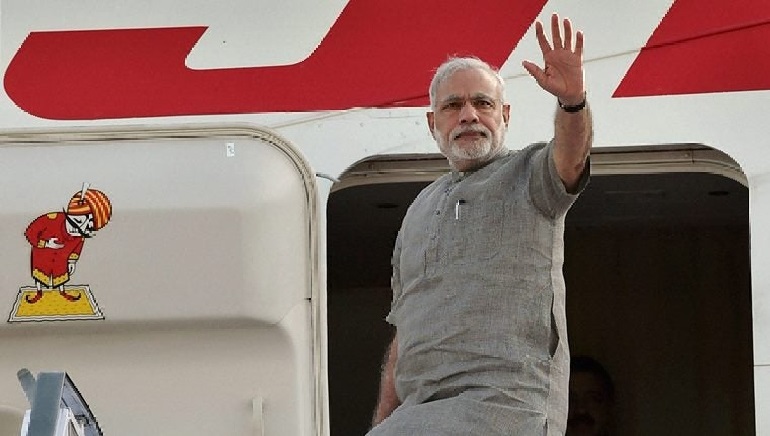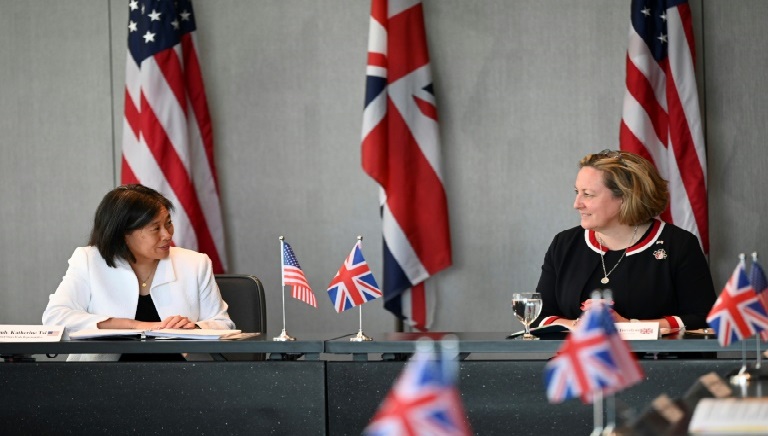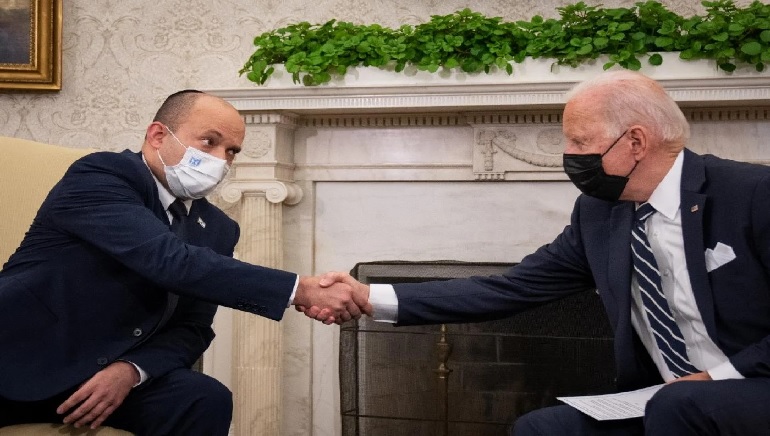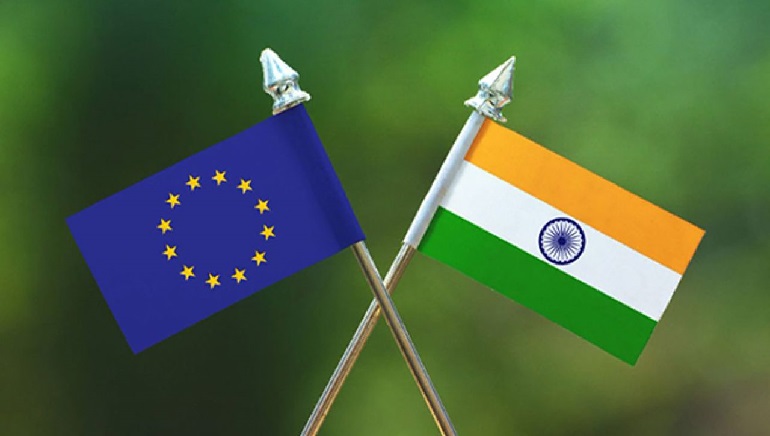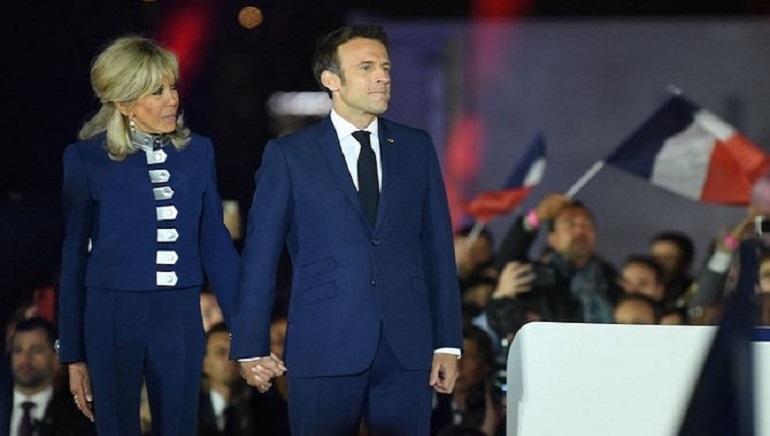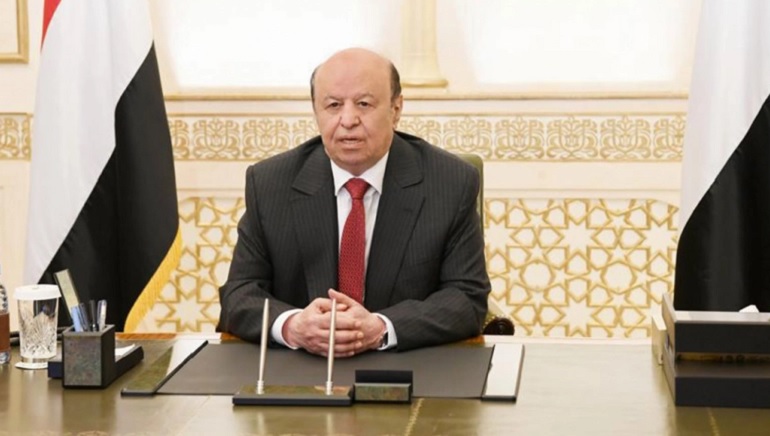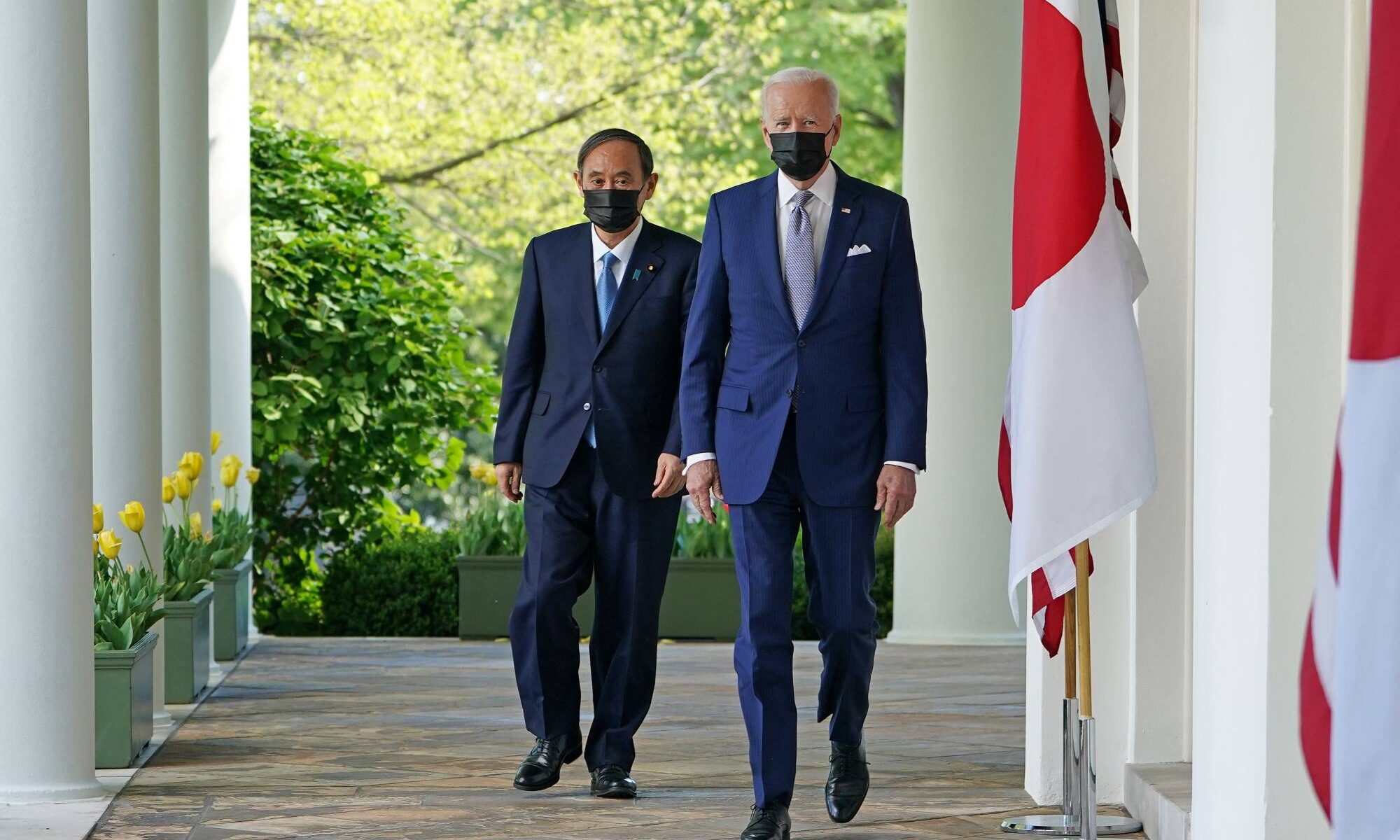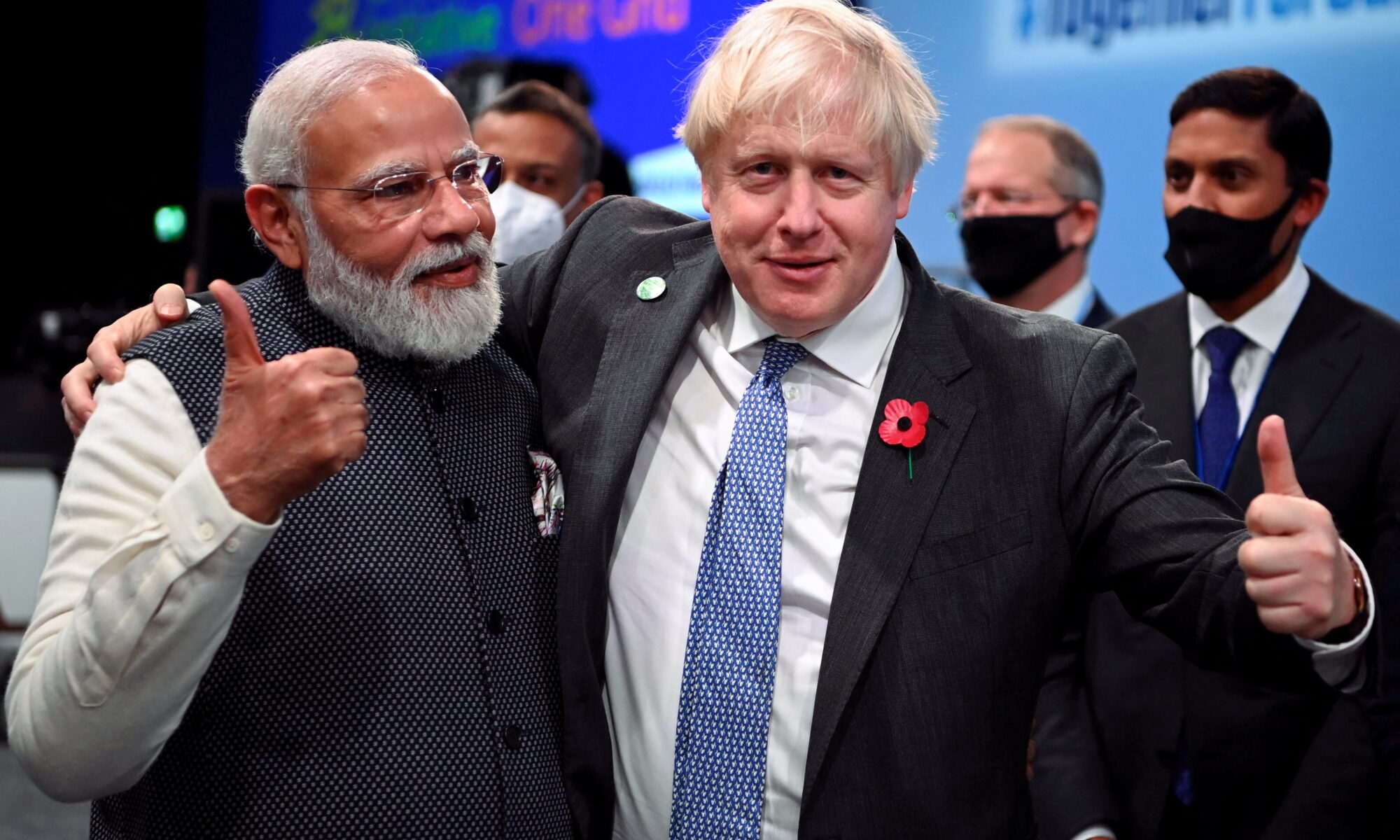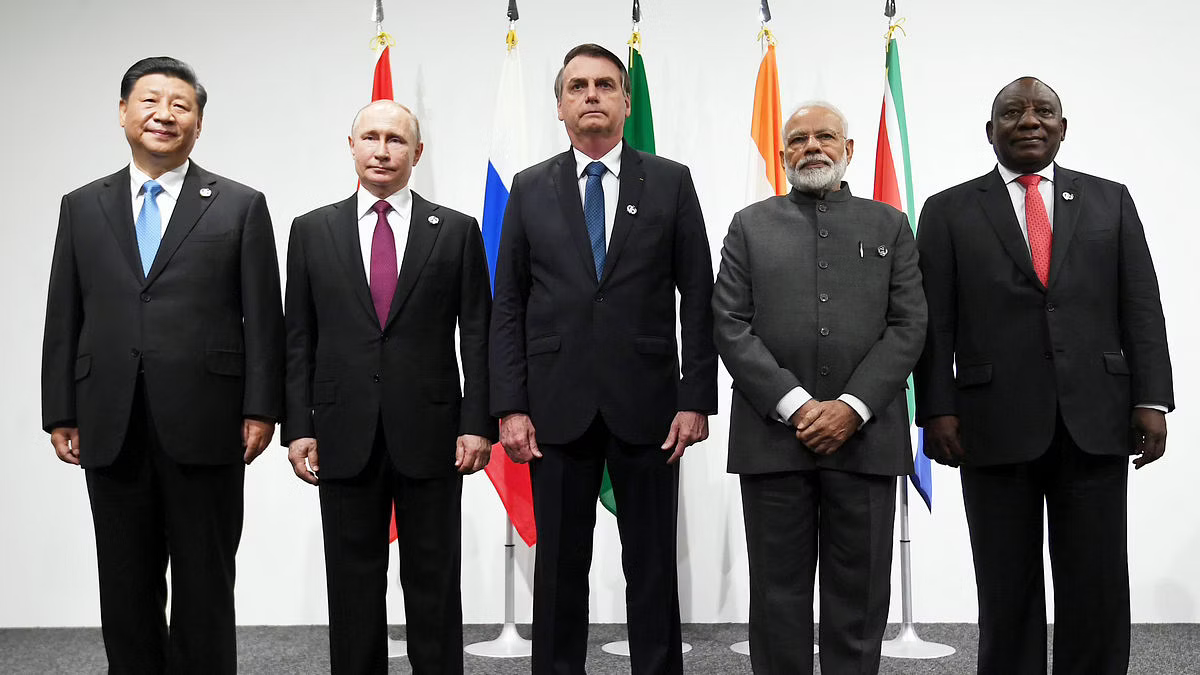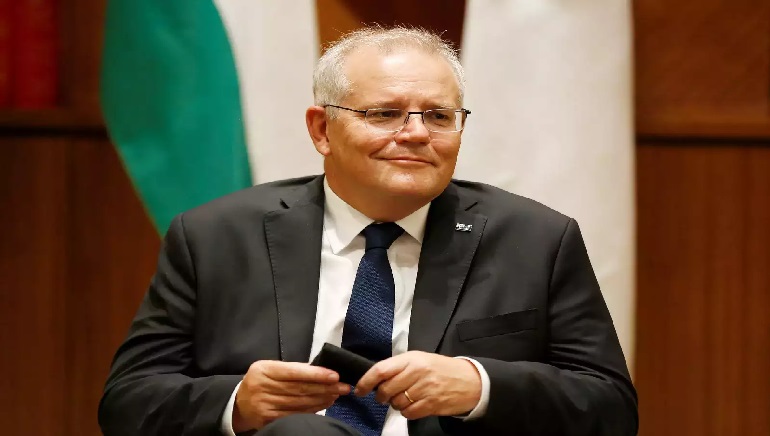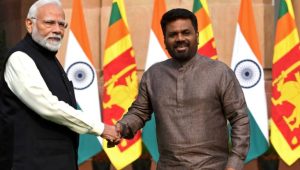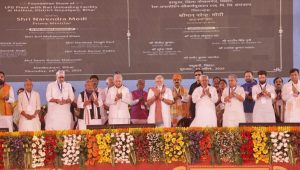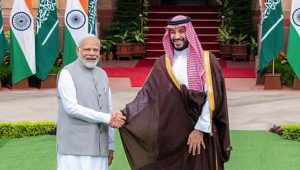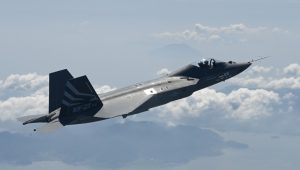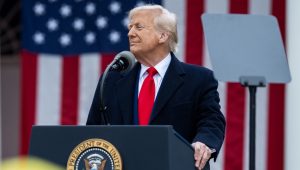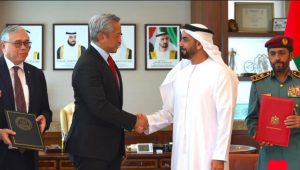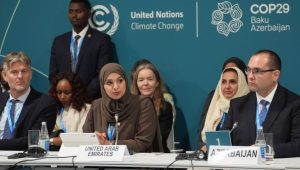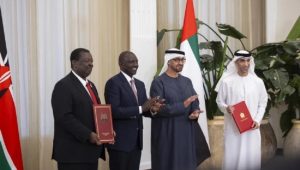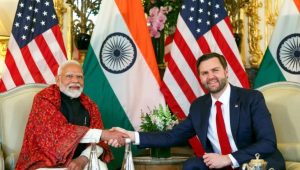On Wednesday, the External Affairs Minister confirmed a three-day visit to Germany, Denmark and France of Prime Minister Narendra Modi from May 2-4. This will be the first visit abroad of the Prime Minister in 2022.
Mr Modi is scheduled to hold various high-level meetings with top dignitaries of the respective companies. He will hold bilateral talks in Berlin with the German Chancellor Olaf Scholz which will be the first in-person meeting with the chancellor after taking the office in 2021. Mr Modi and Chancellor Scholz will also jointly address a Business Event.
The India-Germany Intergovernmental Consultation will be co-chaired by the two leaders during his visit. Various leaders from both countries will participate in this unique mechanism, which has helped to deepen bilateral relations between India and Germany in many fields. Prime Minister Modi and the German Chancellor Angela Merkel attended the fifth round of the biennial earlier in 2019 in New Delhi.
Post Germany, Mr Modi will visit Copenhagen, Denmark on invitation by the Prime Minister Mette Frederiksen for the second India-Nordic Summit. During the 2nd India-Nordic Summit, PM Modi will have an opportunity to interact with leaders from the Nordic countries: Prime Ministers Katrin Jakobsdóttir of Iceland, Magdalena Andersson of Sweden, Sanna Marin of Finland, and Jonas Gahr Store of Norway.





